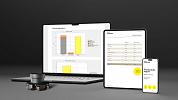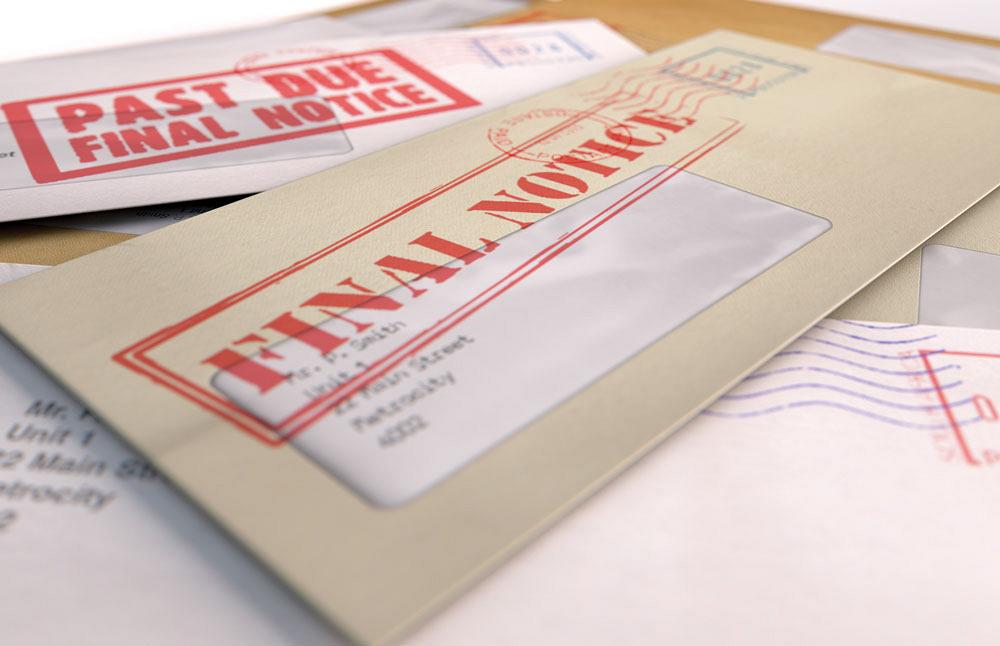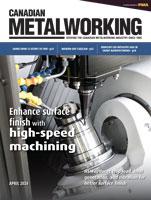Vice-President
- FMA
- The Fabricator
- FABTECH
- Canadian Metalworking
How I lost my machine tool
Avoid getting your leased machine tool repossessed by speaking with your lender first
- By Ken Hurwitz
- April 15, 2024
The economy moves in cycles. There are times of growth, which we saw for more than a decade, as well as times of contraction, which has been caused by COVID-19, inflation, and high lending rates in recent years.
It is still very early in 2024 and hard to gauge where this particular year will fall, but signs are pointing to some limited growth.
No matter the economic reality, it’s possible that some manufacturers have equipment that is either not generating revenue as expected or was installed with a particular job in mind that was cancelled or lost.
If money was borrowed to pay for this equipment and the subsequent payments are not likely to be made, then it is possible a repossession could take place. There are options and alternatives that can help you avoid this situation, though.
When Things Go Bad
When a transaction with a leasing company or a non-bank-owned lender starts to go sideways, borrowers need to understand that these lenders also are under pressure from their funding sources.
Leasing companies secure their funding from large institutions. For example, life insurance companies often use a small part of their portfolio to invest in equipment leasing companies because it earns a much better return than the majority of their investments. This is relevant because they expect to be paid monthly from the leasing company, and this is what creates pressure for the leasing company to collect from its borrowers.
I often get questions from clients about what happens if they are unable to make their lease payments, and it’s important to know that all leases are non-cancellable. This means the borrower is on the hook for all payments.
Request a Buyout
If you can’t make the payments or have no use for the machine, the first step is to contact your lender and ask about a buyout.
A buyout comprises the total remaining payments and the cost base for the machine. Once this number is confirmed, then the current cost of the machine is set, and the next step is selling the machine.
One of the reasons machine tools are so popular with lenders is because a good brand-named machine tool holds its value for a long time. If the machine still has an active lease, then it is most likely a relatively new piece of equipment. If it has been well maintained and is in good working order, it certainly will still be a very valuable asset.
Depending on how far you are into the lease, you could be close to or even in an equity position (meaning that when you sell the machine, it will pay what is owed to the lender). This is one of the main benefits of leasing a high-quality machine tool: the asset holds its value, and a good portion of its value is recovered when sold.
Unload the Lease
Another option to avoid a repossession is finding another borrower to take on the lease.
This can be a good option because lead times and new machine availability can be unpredictable, so a used machine with low hours and little use is very attractive, and it can be immediately delivered.
In these cases, the process is similar to what you as the original borrower experienced. A credit review will be performed for the new applicant and if they are approved, all that is required is a contract amendment changing ownership to the new borrower and setting up their banking information with the lender.
Rewrite the Lease
The last option is rewriting the lease, which means taking the remaining payments and starting a new lease, so they are stretched out over a longer term.
For example, let’s say you are 30 months into 60-month lease of $100,000, with payments of approximately $2,000 per month. If you rewrite the lease and start a new five-year term, the payment comes down to approximately $1,250, saving you $750 per month.
This is something that should be explored only if you believe that the machine still will be used in the future.
I have been in the leasing industry for almost 14 years and have arranged funding for hundreds of machine tools. I can count on one hand the number of machines that I’ve seen actually be repossessed. When my clients have gotten into some unexpected financial trouble, I have been able to find alternatives to help them avoid having a machine repossessed.
Ken Hurwitz is vice-president of Equilease Corp., 416-499-2449, ken@equilease.com, www.equilease.com.
subscribe now


Keep up to date with the latest news, events, and technology for all things metal from our pair of monthly magazines written specifically for Canadian manufacturers!
Start Your Free SubscriptionAbout the Author

Ken Hurwitz
41 Scarsdale Road Unit 5
Toronto, M3B2R2 Canada
416-499-2449
- Trending Articles
Automating additive manufacturing

Sustainability Analyzer Tool helps users measure and reduce carbon footprint

CTMA launches another round of Career-Ready program

Sandvik Coromant hosts workforce development event empowering young women in manufacturing

GF Machining Solutions names managing director and head of market region North and Central Americas

- Industry Events
MME Winnipeg
- April 30, 2024
- Winnipeg, ON Canada
CTMA Economic Uncertainty: Helping You Navigate Windsor Seminar
- April 30, 2024
- Windsor, ON Canada
CTMA Economic Uncertainty: Helping You Navigate Kitchener Seminar
- May 2, 2024
- Kitchener, ON Canada
Automate 2024
- May 6 - 9, 2024
- Chicago, IL
ANCA Open House
- May 7 - 8, 2024
- Wixom, MI
















